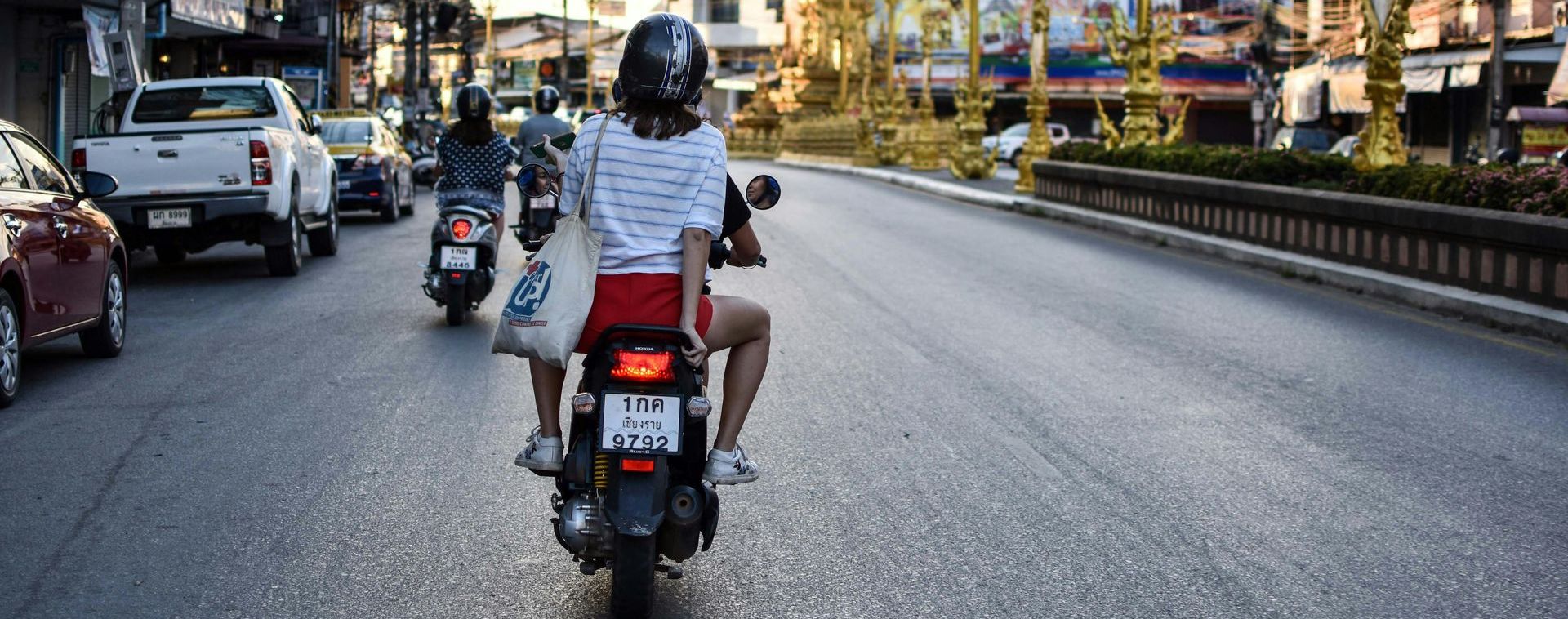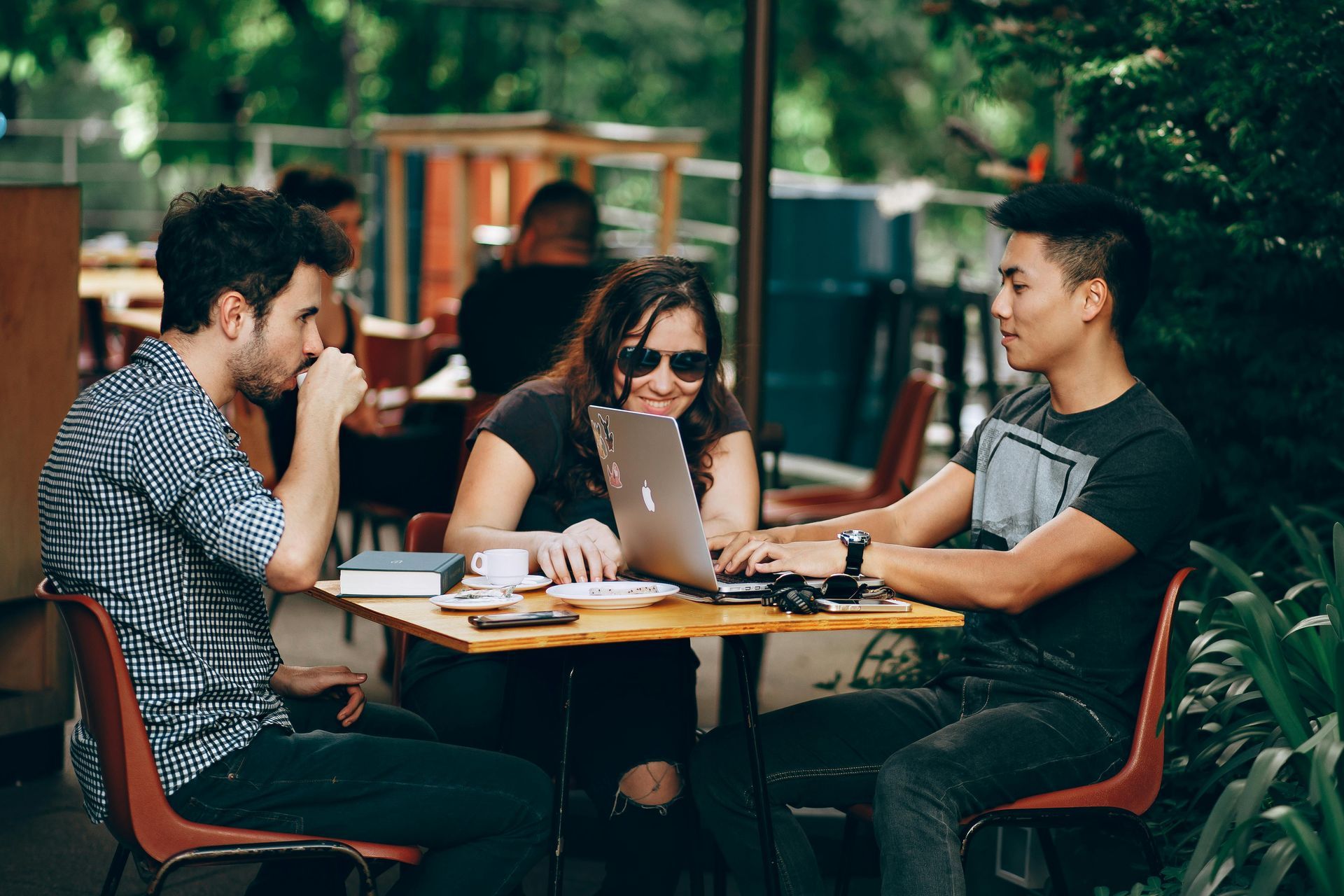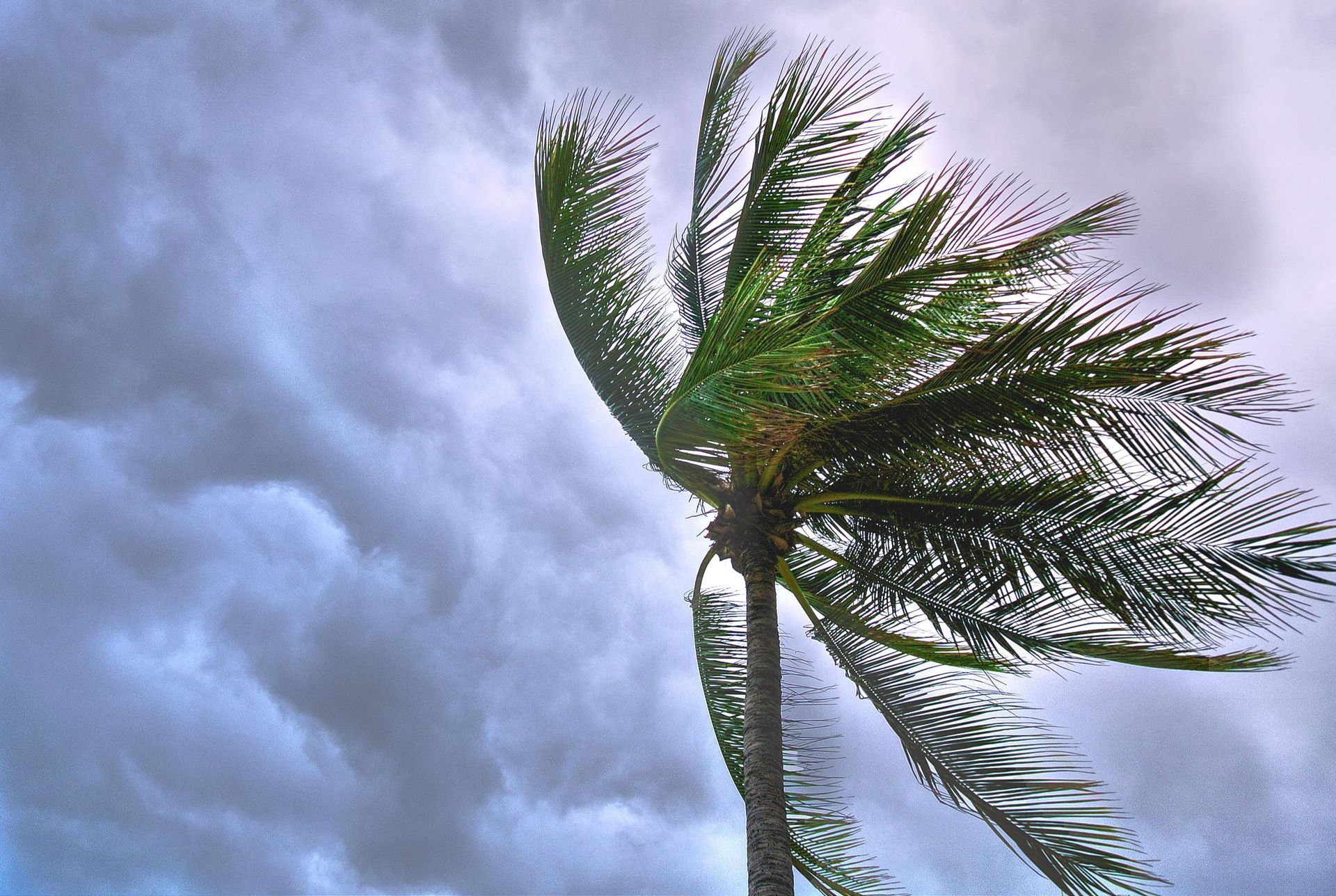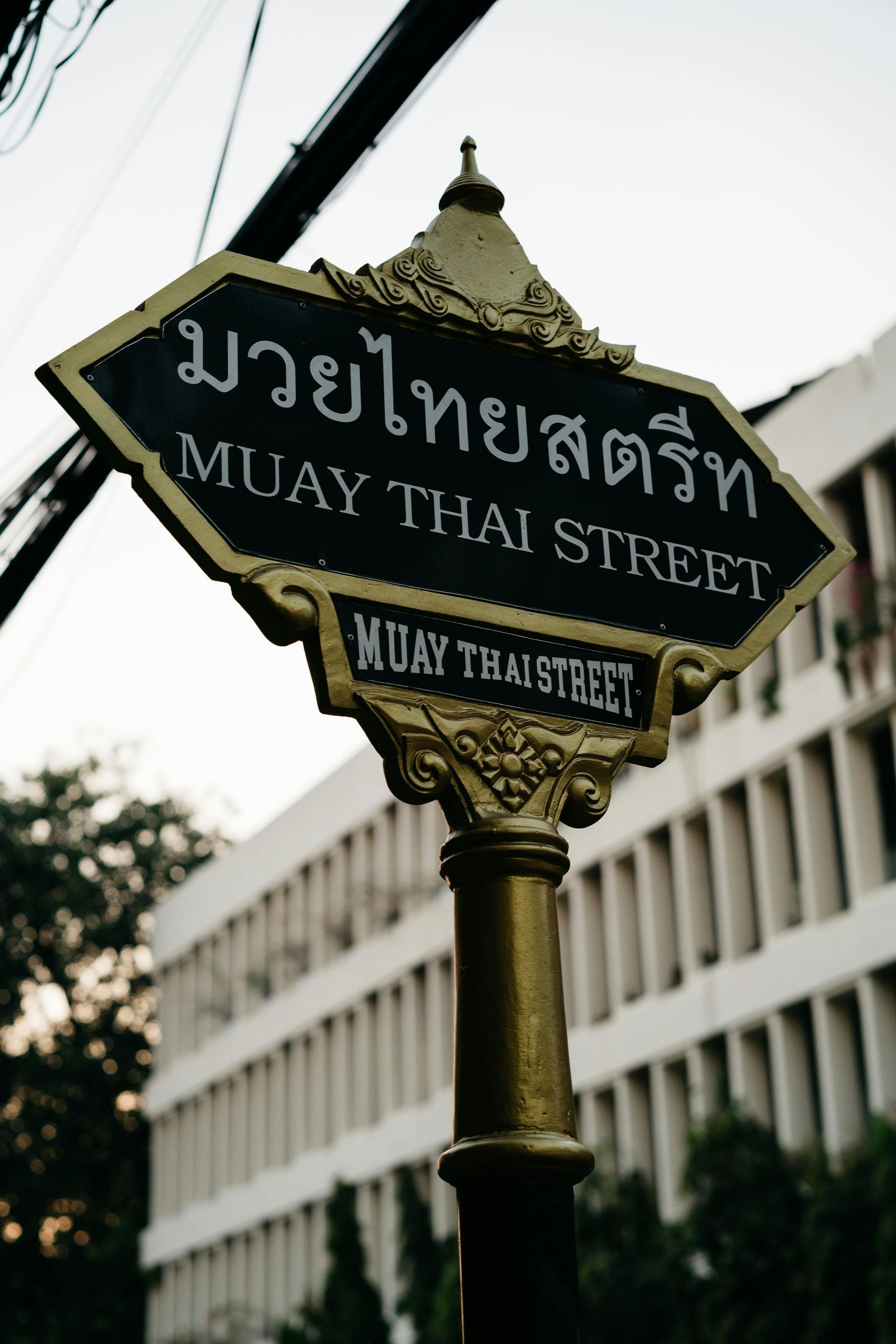Comprehensive Safety Tips for Traveling in Thailand
November 29, 2024
Navigate Thailand with Confidence: Stay Safe While Embracing the Land of Smiles

Thailand is a vibrant and beautiful country with a rich culture, stunning landscapes, and friendly locals. However, like any travel destination, it’s important to stay informed about potential risks to ensure a safe and enjoyable trip. Here are diverse safety tips to help you navigate Thailand safely:
1. Health and Hygiene
- Stay Hydrated but Cautious: Drink plenty of water, but ensure it’s bottled and sealed. Tap water in Thailand is not safe for drinking.
- Beware of Street Food: While street food is delicious, stick to vendors that have a high turnover of customers and ensure the food is freshly cooked and hot.
- Protect Against Mosquitoes: Thailand is home to mosquito-borne illnesses like dengue fever. Use insect repellent, wear long sleeves and pants during dawn and dusk, and consider staying in accommodations with screens or mosquito nets.
- Carry a First-Aid Kit: Include essentials like band-aids, antiseptics, and over-the-counter medications for common issues like diarrhea or colds.
- Vaccinations: Ensure you’re up to date on vaccines such as hepatitis A, typhoid, and tetanus. Consider a rabies vaccine if you plan to interact with animals.
2. Transportation Safety
- Motorbike Rentals: If renting a motorbike, ensure you have an international driver’s license and always wear a helmet. Many accidents involve tourists on motorbikes.
- Tuk-Tuks and Taxis: Agree on a price before starting a tuk-tuk ride. For taxis, insist on using the meter or negotiate a fair price beforehand.
- Night Buses and Trains: Opt for reputable companies and avoid keeping valuables in the luggage storage areas.
- Boat Rides: When taking ferries or island-hopping tours, ensure the boat isn’t overloaded and has sufficient life jackets for all passengers.
3. Scams and Tourist Traps
- The “Closed Temple” Scam: If someone claims a temple is closed and offers to take you elsewhere, be cautious. Verify with official sources or proceed to the temple yourself.
- Overpriced Souvenirs: Bargaining is common in markets, but always research typical prices beforehand.
- Jet Ski and Equipment Rentals: Document the condition of any rented equipment beforehand to avoid being charged for pre-existing damages.
- Fake Travel Agencies: Book tours and transportation through reputable agencies or directly with your accommodation.
4. Personal Safety
- Avoid Public Displays of Wealth: Refrain from wearing expensive jewelry or flashing cash to avoid becoming a target for pickpockets.
- Secure Your Belongings: Use anti-theft bags and keep an eye on your belongings, especially in crowded areas like markets or public transport.
- Be Cautious at Night: Stick to well-lit and busy areas when going out in the evening, especially if you’re alone.
- Stay Alert at Full Moon Parties: These popular beach parties can be risky. Avoid excessive drinking, don’t accept drinks from strangers, and keep an eye on your group.
5. Cultural Awareness
- Respect Local Customs: Dress modestly when visiting temples (cover shoulders and knees), and always remove your shoes before entering sacred spaces.
- Be Mindful of the Monarchy: Speaking negatively about the Thai royal family is a crime under lese majeste laws and can lead to severe penalties.
- Learn Basic Thai Phrases: Simple phrases like “Sawadee ka/krap” (hello) and “Khop khun ka/krap” (thank you) show respect and are appreciated by locals.
6. Natural Hazards and Outdoor Activities
- Swimming Safety: Observe warning flags at beaches. Strong currents and riptides are common, especially during monsoon season.
- Wildlife Encounters: Avoid feeding or touching monkeys; they can be aggressive and carry diseases.
- Hiking Precautions: Inform someone of your plans, stick to marked trails, and carry adequate water and a map or GPS device.
- Snorkeling and Diving: Choose reputable operators, follow safety guidelines, and avoid touching coral or marine life.
7. Money Matters
- Use ATMs Wisely: Withdraw cash from ATMs attached to banks to minimize the risk of skimming devices.
- Carry Small Bills: Many vendors and smaller establishments may not have change for large denominations.
- Beware of Currency Exchange Scams: Use authorized exchange counters for fair rates and avoid exchanging money on the street.
8. Technology and Connectivity
- SIM Cards: Purchase a local SIM card with data for reliable internet access and GPS navigation.
- Backup Your Data: Store copies of important documents like your passport in the cloud or email.
- Secure Wi-Fi Connections: Use VPNs when connecting to public Wi-Fi to protect your personal information.
9. Emergency Information
- Emergency Numbers:
- Police: 191
- Tourist Police: 1155
- Ambulance and Medical: 1669
- Embassy Contacts: Keep your embassy’s contact information handy in case of emergencies.
- Know Your Location: Familiarize yourself with the local area, including nearby hospitals and police stations.
10. Environmental Responsibility
- Avoid Single-Use Plastics: Carry a reusable water bottle and straw to reduce waste.
- Respect Wildlife and Nature: Do not participate in activities that exploit animals, such as elephant rides or tiger photo ops.
- Dispose of Waste Properly: Follow local guidelines for trash disposal and recycling.
By staying vigilant and respecting local customs, you’ll not only stay safe but also enjoy a memorable and enriching experience in Thailand.


